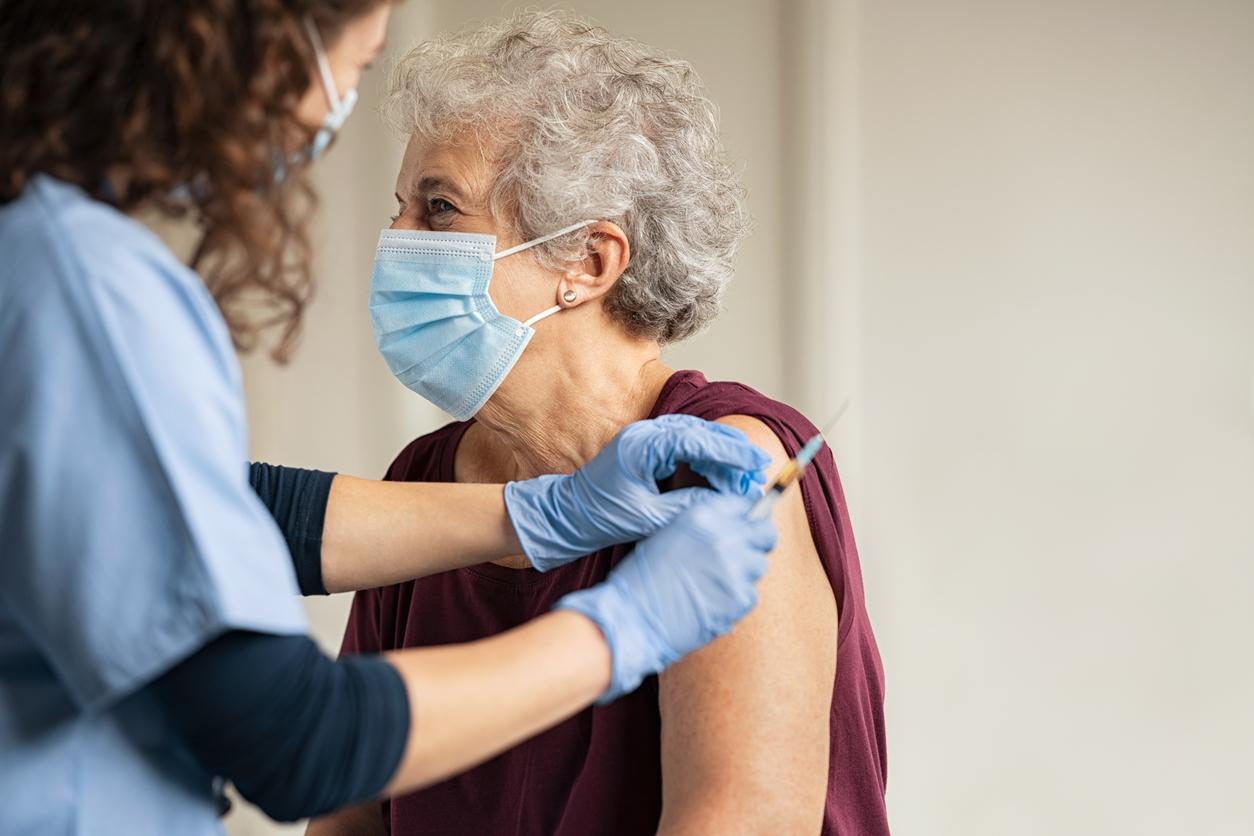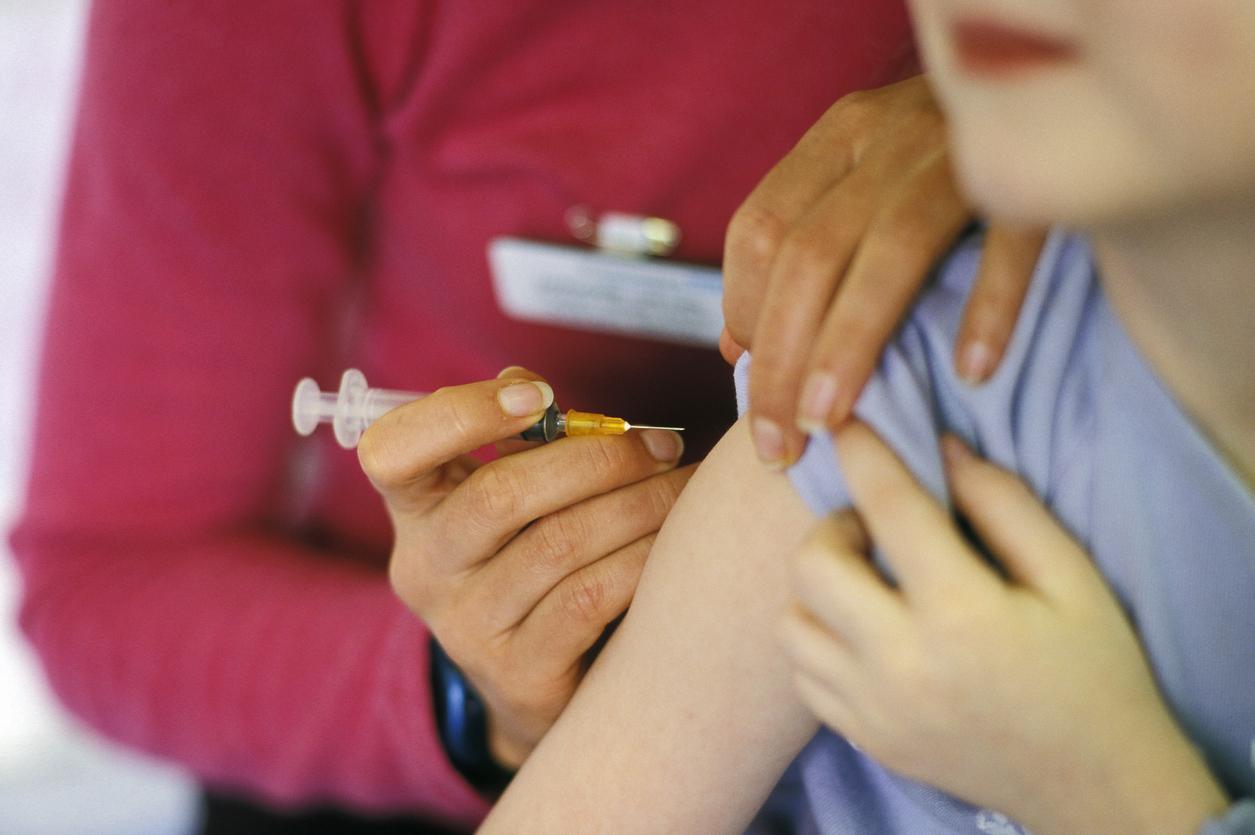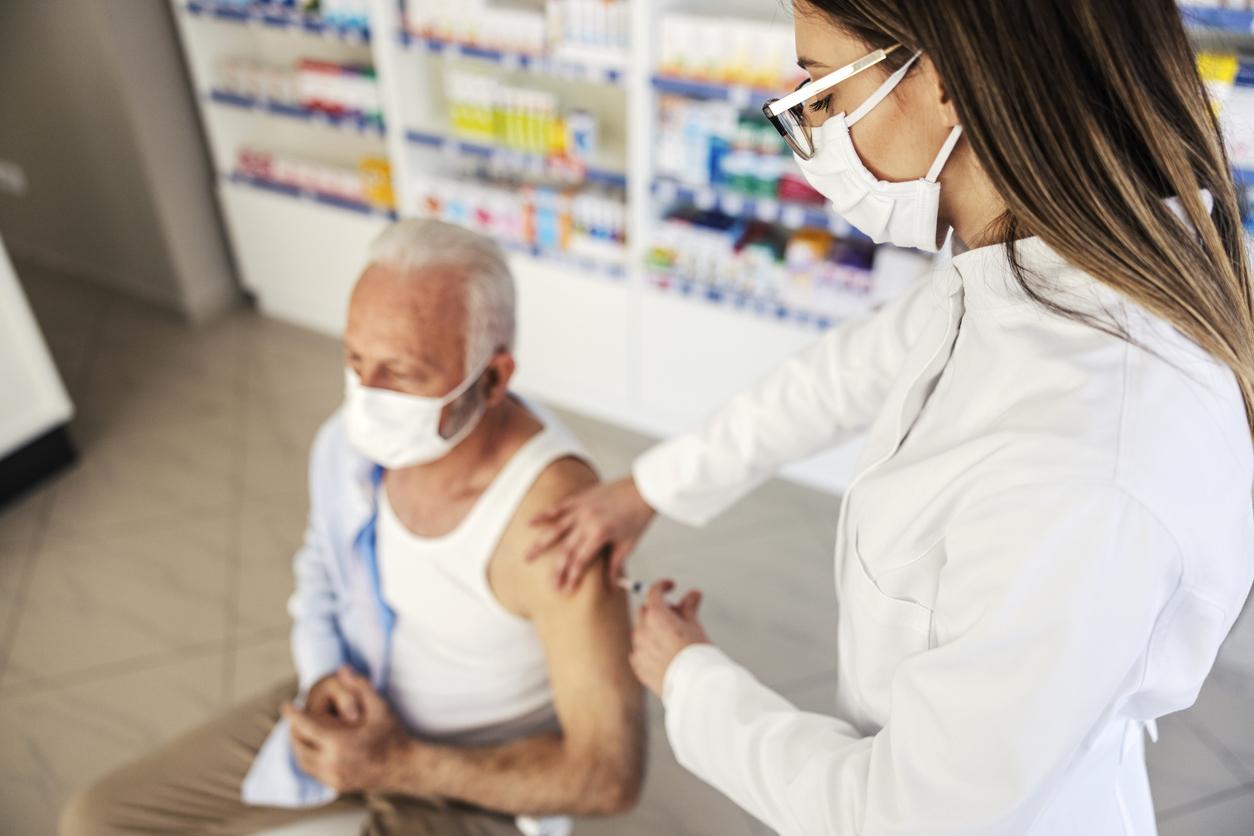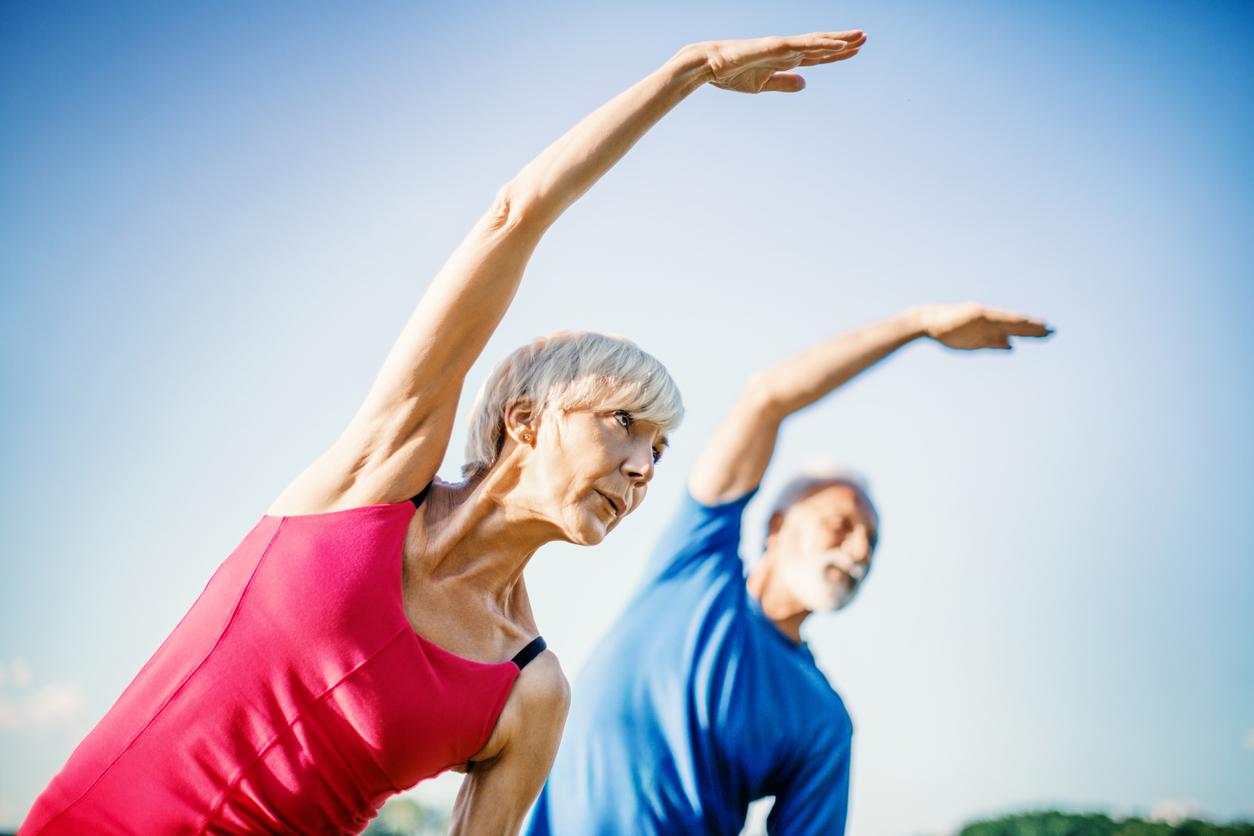The High Authority for Health (HAS) recommends vaccinating seniors aged 75 and over and those with a respiratory or cardiac risk factor from the age of 65 against the respiratory syncytial virus (RSV) responsible for bronchiolitis.

- 61% of hospitalizations and 78% of deaths related to RSV infection were people aged 75 and over during the 2022-2023 winter season.
- There is no treatment to combat it, but two vaccines can now prevent the infection: Arexvy (GSK) and Abrysvo (Pfizer).
- In a new opinion issued on July 4, 2024, the HAS therefore recommends vaccinating those over 75 and those over 65 with chronic respiratory or cardiac pathologies against RSV from next fall.
“The HAS recommends vaccination of the most vulnerable: people aged 75 and over as well as people aged 65 and over with chronic respiratory or cardiac pathologies.” against the respiratory syncytial virus responsible for bronchiolitis, announces the High Authority of Health in an opinion issued on July 4, 2024.
2 vaccines authorized to prevent RSV infections
“Although no treatment for RSV infections currently exists, two vaccines have recently obtained marketing authorization (MA) for this population: Arexvy (GSK) and Abrysvo (Pfizer)“, the agency said.To develop its recommendation, the HAS took into account the efficacy data of these two vaccines on lower respiratory tract infections (LRTIs) in people aged 60 and over. These data showed a reduction in these infections of 83% for Arexvy and 67 to 86% for Abrysvo depending on the criterion used (2 or 3 symptoms of LRTI).”
The HAS also specifies that the vaccine, whatever it is, can be administered concomitantly with the seasonal flu vaccination.
Why vaccinate seniors against RSV?
The health authority recalls that RSV infection, for which there is currently no treatment, can lead to serious complications in this population.Well known as a major cause of bronchiolitis in infants, it is also likely to cause severe effects in the elderly: acute respiratory distress syndrome, serious complications such as exacerbation of an underlying cardiopulmonary disease or pneumonia requiring respiratory assistance, which can lead to death.”
During the 2022-2023 winter season, those over 75 years old represented 61% of hospitalizations and 78% of deaths linked to this infection in France.

















